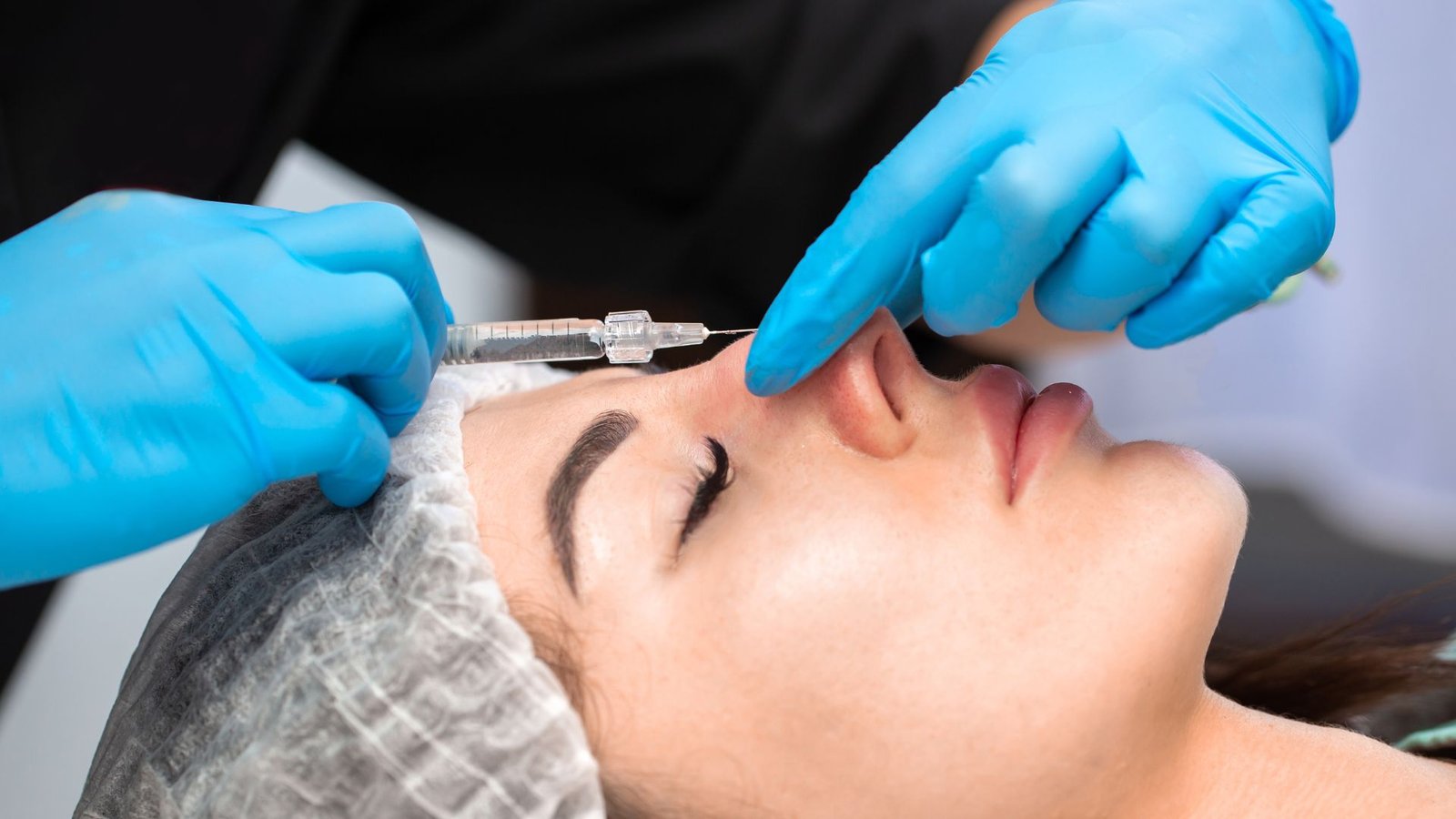Detoxification is a crucial first step in the recovery journey for individuals struggling with substance use disorders. For many, the thought of detox can be daunting, as it often involves confronting physical and psychological challenges. Understanding the key components of detox can help individuals and their families navigate this challenging process more effectively. At Oroville Drug Treatment Center, we emphasize three essential components of detoxification: medical supervision, withdrawal management, and emotional support. Let’s explore each of these components in detail. At Oroville Drug Treatment Center, we emphasize three essential components of detoxification: medical supervision, withdrawal management, and emotional support. Let’s explore each of these components in detail.
1. Medical Supervision
Why It’s Essential:
Medical supervision is one of the most critical aspects of detoxification. Substances like alcohol and opioids can lead to severe withdrawal symptoms that can be dangerous if not properly managed. The risk of complications during detox can vary significantly based on the substance used and the individual’s health status. Medical supervision ensures that individuals are closely monitored by healthcare professionals who can provide the necessary care and interventions. This is particularly important for those with a history of severe withdrawal symptoms or co-occurring medical conditions.
What to Expect:
- 24/7 Monitoring:Clients in detox programs at Oroville Drug Treatment Center are monitored around the clock. This constant oversight allows healthcare professionals to address any medical issues that may arise, ensuring that clients remain safe throughout the detox process.
- Individualized Assessment: Upon entering detox, clients undergo a thorough assessment to determine their specific needs. This assessment includes a review of their substance use history, current health conditions, and any mental health issues that may need to be addressed. Tailoring the detox experience to individual needs increases the likelihood of a successful recovery.
- Safety Protocols: Trained staff are prepared to manage complications, ensuring that clients remain safe throughout the detox process.
2. Withdrawal Management
Why It’s Essential:
Managing withdrawal symptoms is a crucial component of detoxification. Withdrawal symptoms can range from mild discomfort, such as anxiety and insomnia, to severe reactions that may include seizures, hallucinations, or even life-threatening conditions like delirium tremens in the case of alcohol withdrawal. It is vital to have effective strategies in place to ease this transition and promote a safe detox experience.
What to Expect:
- Medication-Assisted Treatment (MAT):Depending on the substance and severity of dependence, medical professionals may prescribe medications to help alleviate withdrawal symptoms and cravings. For instance, benzodiazepines may be used for alcohol withdrawal, while opioids may be managed with medications like methadone or buprenorphine. MAT is an evidence-based approach that can significantly improve comfort and safety during detox.
- Comfort Measures: In addition to medications, clients may receive comfort measures such as hydration, nutritional support, and alternative therapies like relaxation techniques. These measures can help mitigate the physical discomfort associated with withdrawal and enhance the overall detox experience.
- Ongoing Adjustments: The treatment plan is regularly assessed and adjusted based on the client’s progress and response to withdrawal management strategies.
3. Emotional Support
Why It’s Essential:
Detoxification is not just a physical process; it also has significant emotional and psychological components. The experience of withdrawal can evoke a wide range of emotions, including fear, anxiety, and depression. Providing emotional support is essential for helping individuals cope with these challenges and preparing them for the next steps in their recovery journey.
What to Expect:
- Counseling Services: Clients have access to counseling sessions where they can explore their feelings, thoughts, and fears related to withdrawal and recovery. These sessions may be conducted one-on-one with a therapist or counselor, allowing for a deeper exploration of personal experiences and motivations for change.
- Group Support: Participation in group therapy or support groups fosters a sense of community among clients. Sharing experiences and coping strategies with peers who are on similar journeys can help reduce feelings of isolation and build a supportive network.
- Holistic Approaches: Emotional support may also include holistic practices such as mindfulness exercises, yoga, and art therapy to promote overall well-being.
Conclusion
Detoxification is a critical first step in overcoming substance use disorders, and understanding its essential components can empower individuals and their families to approach the process with confidence. At Oroville Drug Treatment Center, we provide comprehensive detox services that focus on medical supervision, withdrawal management, and emotional support. These three essential components work together to create a safe, supportive environment where individuals can begin their journey to recovery.visit orovilledrugstreatmentcenter to learn more about our detoxification services. Remember, recovery is possible, and you don’t have to face this journey alone.















Leave a Reply